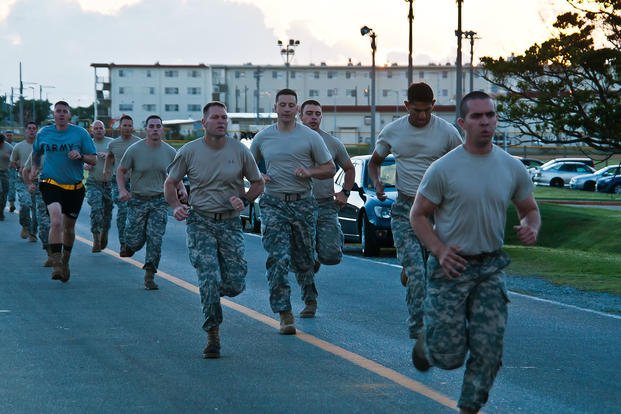Evidence of the first use of military uniforms dates back to circa 200 BC and the Spanish warriors who faced Hannibal. The first U.S. military uniforms date to 1779 when General George Washington wore the blue uniform coat with state facing colors, and white waistcoat and breeches. The U.S. blue uniform was in direct contrast to the red uniforms of the British Army.
To this day, the blue uniform is part of the military bloodline. Whether it's the Navy's "Full Dress'' or the Marines’ "Blue Dress'' uniforms, all of the U.S. Armed Forces uniforms have a tie to the traditional blue uniform in one way or another.
Since its founding, the U.S. military's uniforms have changed with civilian fashion, utility, practicality and roles. Today's military services have several uniforms, which vary based on the wearer's rank, specific situations and occasions.
Each service selects the color and design that makes its uniform unique and practical for its particular work environment, whether it is the battlefield, flight line or the deck of a ship. In addition, each service has several uniforms ranging from their everyday work uniform to their service dress uniform.
Click on the following links to learn more about each service's current uniforms, uniform policies, changes and updates:
- Army uniforms
- Navy uniforms
- Marine Corps uniforms
- Air Force uniforms
- Space Force uniforms
- Coast Guard uniforms
Interested in Joining the Military?
We can put you in touch with recruiters from the different military branches. Learn about the benefits of serving your country, paying for school, military career paths, and more: sign up now and hear from a recruiter near you.














